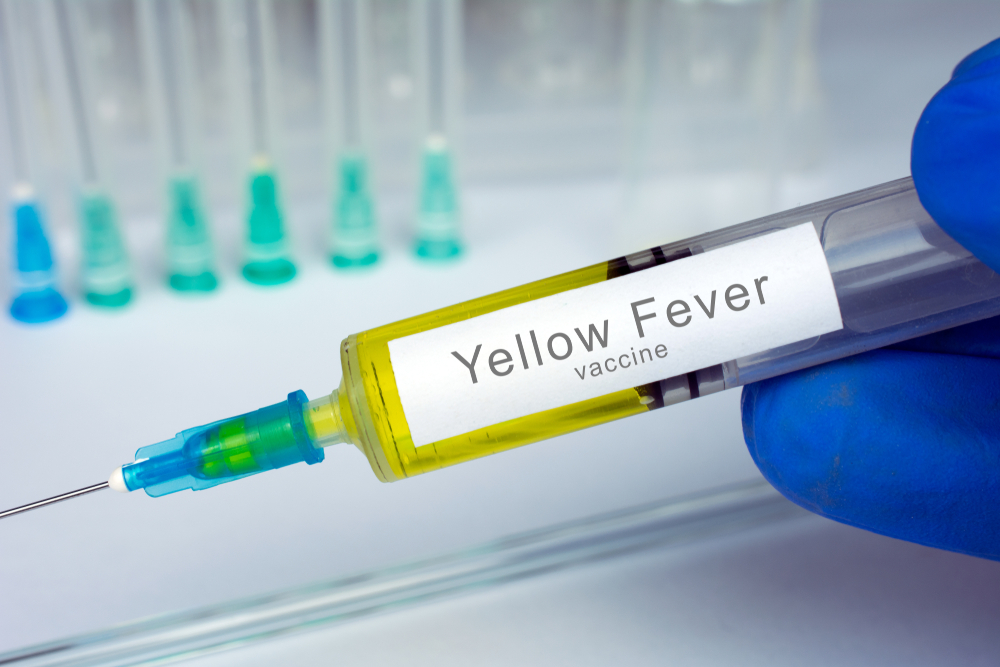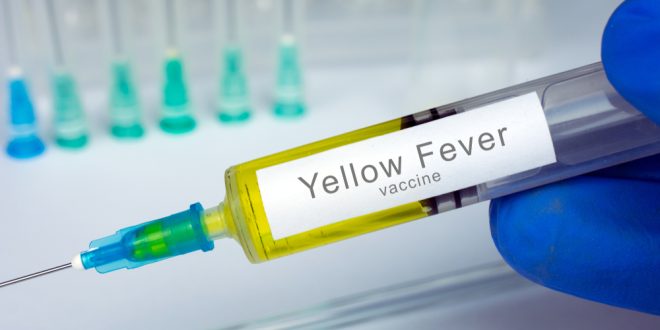
The Nigeria Centre for Disease Control and Prevention (NCDC) has raised an alert regarding the increasing number of yellow fever cases, coinciding with the ongoing cholera outbreak that has impacted nearly all states in the country.
Dr. Jide Idris, Director-General of the NCDC, made the announcement during a press conference on Tuesday in Abuja. He noted a slight decline in cholera cases and fatalities in the past week, attributing the improvement to efforts at both the national and state levels. However, he warned that the peak of the rainy season, which typically worsens cholera outbreaks, is still ahead.
Dr. Idris expressed concerns about underreporting due to inadequate surveillance resources and the political stigma associated with the disease. Additionally, he reported a troubling rise in yellow fever cases, particularly with the onset of the rainy season.
“Three presumptive positive cases have been reported—two in Ekiti State and one in Bayelsa—along with one death. Yellow fever, a viral hemorrhagic disease transmitted by infected mosquitoes, presents symptoms such as fever, chills, headache, back pain, body aches, and jaundice,” he stated.
He emphasized the importance of vaccination as the most effective prevention method against yellow fever, offering lifelong immunity. He urged the public to ensure they are vaccinated, use mosquito repellents, wear protective clothing, and eliminate stagnant water to reduce mosquito breeding sites.
Dr. Idris highlighted the impact of heavy rainfall and flooding on the spread of waterborne diseases like cholera and yellow fever. “Floodwaters often carry pathogens from soil, animal waste, and sewage into water sources, compromising water quality and leading to disease outbreaks. Flooding also creates breeding conditions for mosquitoes, increasing the risk of mosquito-borne diseases such as malaria, dengue fever, and yellow fever,” he said.
The NCDC has provided comprehensive guidelines to mitigate the impact of these diseases, including boiling and storing water in clean containers, practicing proper hand hygiene, ensuring food is thoroughly cooked and protected from contamination, avoiding open defecation and improper waste disposal, and seeking medical attention for any sudden, sustained watery stool.
Dr. Idris also advised healthcare workers to use standard safety precautions and report suspected cholera cases promptly. He urged state governments to prioritize access to safe water, sanitation, and hygiene facilities and to maintain proper drainage systems to prevent water accumulation.
In addition to addressing cholera and yellow fever, Dr. Idris reminded Nigerians to remain vigilant against COVID-19 by maintaining hygiene practices, wearing masks, and getting vaccinated, noting reports of a global surge in cases.
He called on all stakeholders, including government agencies, healthcare workers, partners, and the public, to intensify efforts to combat these public health threats. He emphasized the need for coordinated action to prevent further loss of life and ensure the health and well-being of all Nigerians.
 Top Naija News – Nigeria News, Nigerian News & Top Stories Top Naija News – Nigerian Newspapers, Nigerian News. topnaijanews is a daily Nigerian newspaper covering Latest News, Breaking News, Entertainment, Sports, Lifestyle and Politics.
Top Naija News – Nigeria News, Nigerian News & Top Stories Top Naija News – Nigerian Newspapers, Nigerian News. topnaijanews is a daily Nigerian newspaper covering Latest News, Breaking News, Entertainment, Sports, Lifestyle and Politics.




